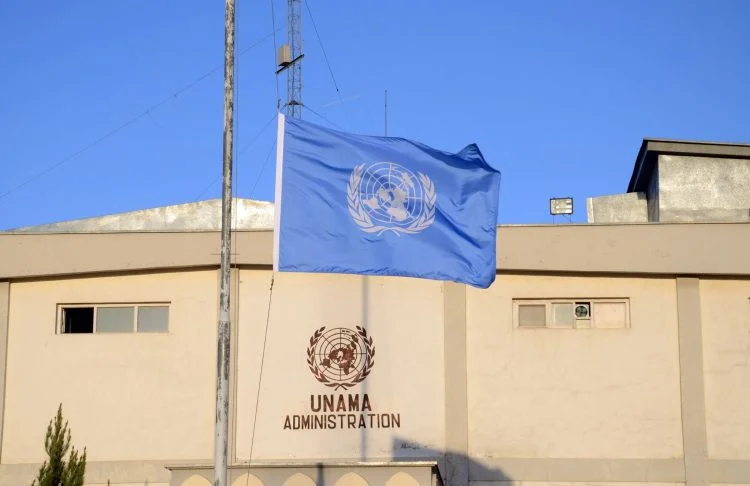Minister for Information and Broadcasting Attaullah Tarar, who is in Turkiye, visited the Headquarters of Turkish state TV channel, TRT World.
During the visit, he held meeting with the Director General International Broadcast of the channel, Omer Faruk Tanriverdi and discussed with him the cooperation in media between the two countries, shooting of joint documentary films, promotion of tourism and other matters of mutual interest.
Also See: Pakistan Stresses Turning Existing Goodwill With Bangladesh into ‘Tangible Cooperation’
Speaking on the occasion, Attaullah Tarar said Pakistan attaches great respect to its fraternal ties with Turkiye. He said the relations between the two countries are based on historical and common religious and cultural values.
The Minister said agreements for co-production of dramas, documentaries with Turkish government are part of our strategic framework. He said there is immense talent in both the countries.
Attaullah Tarar particularly mentioned Pakistani player Arshad Nadeem, who set a record in Javelin Throw contest with 92.97 meters distance in the Summer Olympics. He said the story of Arshad Nadeem is quite inspiring and we can produce documentary on this youth.
During the meeting, the two sides also discussed the Shandur Polo Festival in Pakistan.
The Information Minister said Shandur Polo Festival not only promotes tourism and culture, but also help promote all kinds of sports. He said Shandur Polo Festival is the tournament, which is played at the highest sea level in the world. The Minister suggested that documentary on Shandur Polo Festival, produced in collaboration with PTV World, can be telecast in the entire world.
He also suggested co-broadcasts saying that transmission of TRT World can be telecast on Pakistan Television.
Attaullah Tarar said there are shared culture and religious norms between Pakistan and Turkiye, which are the main reasons of the popularity of Turkish dramas and documentaries in Pakistan.
The issue to highlighting the Occupied Jammu and Kashmir dispute also came under discussion.
The Information Minister also stressed the need to produce digital documentary on the atrocities being perpetrated in Indian Illegally Occupied Jammu and Kashmir.
This news is sourced from Radio Pakistan and is intended for informational purposes only.

![Attaullah Tarar visits TRT World, discusses media collaboration, cultural documentaries, and tourism promotion. [Image via Radio Pakistan]](https://southasiatimes.org/wp-content/uploads/2024/12/15501611821734072776.webp)




